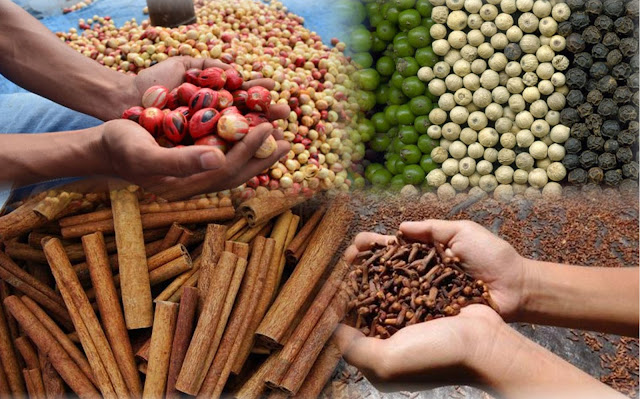Why is Indonesia often referred to as the "Spices Island Country"?
The use of medicinal plants and spices has been going on for a very long time throughout human civilization. Even in the international arena, Indonesia is known as the “Spices Island Country” because it has been producing spices for the world's needs for centuries. The use of natural ingredients as medicine and spices tends to increase in line with the trend of the world community to back to nature and the prolonged crisis that has resulted in decreased purchasing power of modern medicines which are relatively more expensive. Natural medicine is also considered to have almost no harmful side effects, although this opinion has not been proven.
What are the functions of medicinal commodities and spices in the economic field?
Medicinal and spice commodities have a strategic role in improving the national economy, because they function as a source of income for farmers, absorption of labor, a source of foreign exchange, supporting industry and regional development. The opportunity for the development of medicinal plant cultivation is still very wide open in line with the growing development of the herbal medicine, herbal medicine, phytopharmaca and traditional cosmetics industries.
Why is the cultivation of medicinal plants necessary?
So far, efforts to provide raw materials for the traditional medicine industry have mostly come from plants that grow in the wild or are cultivated on a small scale in the environment around the house with inadequate quantity and quality. Therefore, it is necessary to develop aspects of cultivation in accordance with the standard raw material for traditional medicines. The very rich plant resources in Indonesia's tropical forests also support opportunities for the development of medicinal plants.
This is because Indonesia has 30,000 species of plants, of which around 9,600 species are known to have medicinal properties, and only 200 species have been used as raw materials in the traditional medicine industry. This condition opens up opportunities for the widest possible development of medicinal plants and the exploration of potential untapped medicinal plant species.

